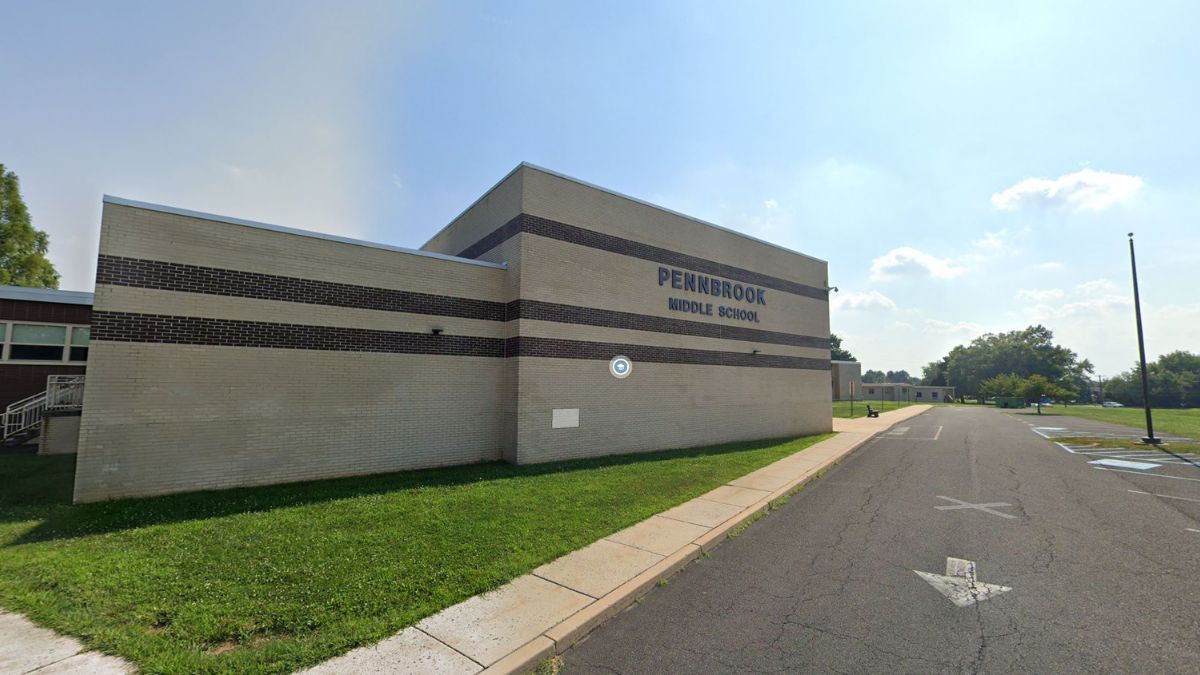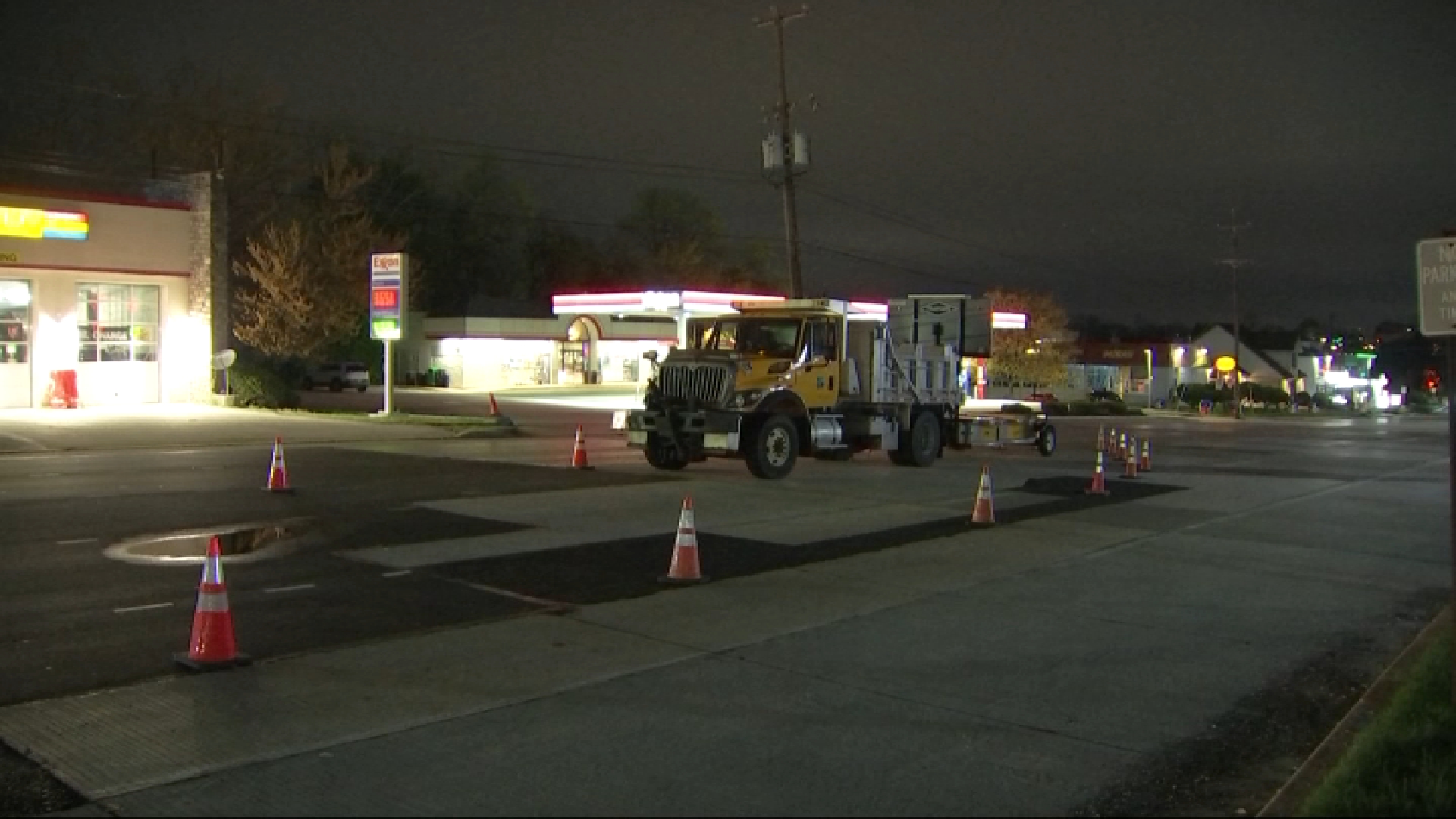Barbara and Bob Noonan are used to hosting family and neighbors at their second home in Little Egg Harbor, N.J. But these days, the house isn't quite up for visitors. The best they can offer guests is donuts from a nearby convenience store.
Since taking on waist-high flooding during Superstorm Sandy, the Noonans' house has been without water and electricity. The kitchen has been ripped out except for some higher cabinets the water didn't reach.
"Isn't it beautiful?" Barbara asked sarcastically, surveying the gutted ranch home. "I hate to come here, I swear to god."
They bought the house about five years ago, using some money Barbara's parents left her when they died and a good chunk of Bob's 401(k). They'd planned to sell their primary home about in Jackson Township when the real estate market improved and live here full time. But then the storm hit.
No assistance for second-homeowners
The Noonans believe their home should be torn down, in part because the concrete slab foundation lifted up in the bathroom and sank slightly at the front of the house, so that the wall and floor no longer meet. However, their flood insurance adjuster thinks the damage can be repaired and has offered to settle their claim at a level far below what they think they deserve.
If this was their primary home, the Noonans say they would apply for grants, assistance programs, or even a low-interest Small Business Administration loan to pay for what insurance won't. But since this home is not their primary residence, they don't qualify for those government programs.
Local
Breaking news and the stories that matter to your neighborhood.
Even most private aid organizations have limited their services to primary homeowners.
Bob said he's signed up for every program he hears about. But time and again, his applications are denied.
"You know the Robin Hood grant, that's supposed to give you between $500 and $2,000 to replace your appliances," he said, offering an example. "OK, I signed up for that, [but] we can't get it. 'Primary only.'"
"We're all for the primary homeowners getting first care," he continued, acknowledging that he and his wife are lucky to have an undamaged home to return to.
But they point out that they pay the same taxes as their full-time neighbors, and they don't use the schools or many other town services. Plus, they argue, second homeowners are important to the shore economy.
"No, the grants are not open to second homeowners," said N.J. Gov. Chris Christie, while answering questions about aid programs at a recent boardwalk opening in Lavallette. "That was a decision that the president and the Congress made. I fought to have them open to second-homeowners. The president and Congress did not want to give grants to anyone but primary homeowners."
Christie said he told the president that many second homeowners on the shore aren't rich – they're people who have inherited small bungalows or use the houses for rental income. Previously, he said he'd suggested alternatives, such as limiting aid by income or assets, but he lost that argument and so he said can't offer any help to second-homeowners.
Even primary homeowners face obstacles
There are roughly 40,000 primary homeowners in New Jersey who have sustained at least $8,000 of damage from Superstorm Sandy, according to the New Jersey Department of Community Affairs, which is responsible for managing two of the state's major grant programs.
"Mathematically, given funds that we've received to date, it's unlikely that we're going to reach all of those [homeowners]," said Richard Constable, commissioner of the NJDCA.
There simply isn't enough money.
So many second-homeowners face a tough, lonely road.
Helen Rowland is just the kind of homeowner the Gov. Christie mentioned: Sandy flooded her family's house in Ventnor, near Atlantic City. It's both a rental property and a home she and her sisters will eventually inherit. Right now, all their names are on the deed with her father and everyone rushed to put the house back together for the summer rental season.
"We shed very many tears over this whole process," Rowland said. "It was a big, big emotional and financial effort on all of our parts."
Rowland is a bus driver and lives in the Philadelphia suburb of Aston, Pa. One of her sisters is unemployed, the other is a high school secretary. So fixing the house up without help meant commuting to the shore each weekend, learning to do the work themselves, and hunting for bargains.
"We even sort of went trash picking a little bit," she said. "We found some end tables in the trash and painted them up."
They were able to finish the work before Memorial Day. The drywall may be slightly less-than-smooth because her husband did the work, but a picture of her late mom's back on the wall and the renters are back, too.
Barbara and Bob Noonan are still waiting. They don't want to rebuild a house they think should be torn down, so they're hoping insurance or the government might offer more assistance. Otherwise, they say, they might have to sell and take a big financial hit from a house that was supposed to help them retire.
This story was reported through a news coverage partnership between NBC10.com and NewsWorks.org



